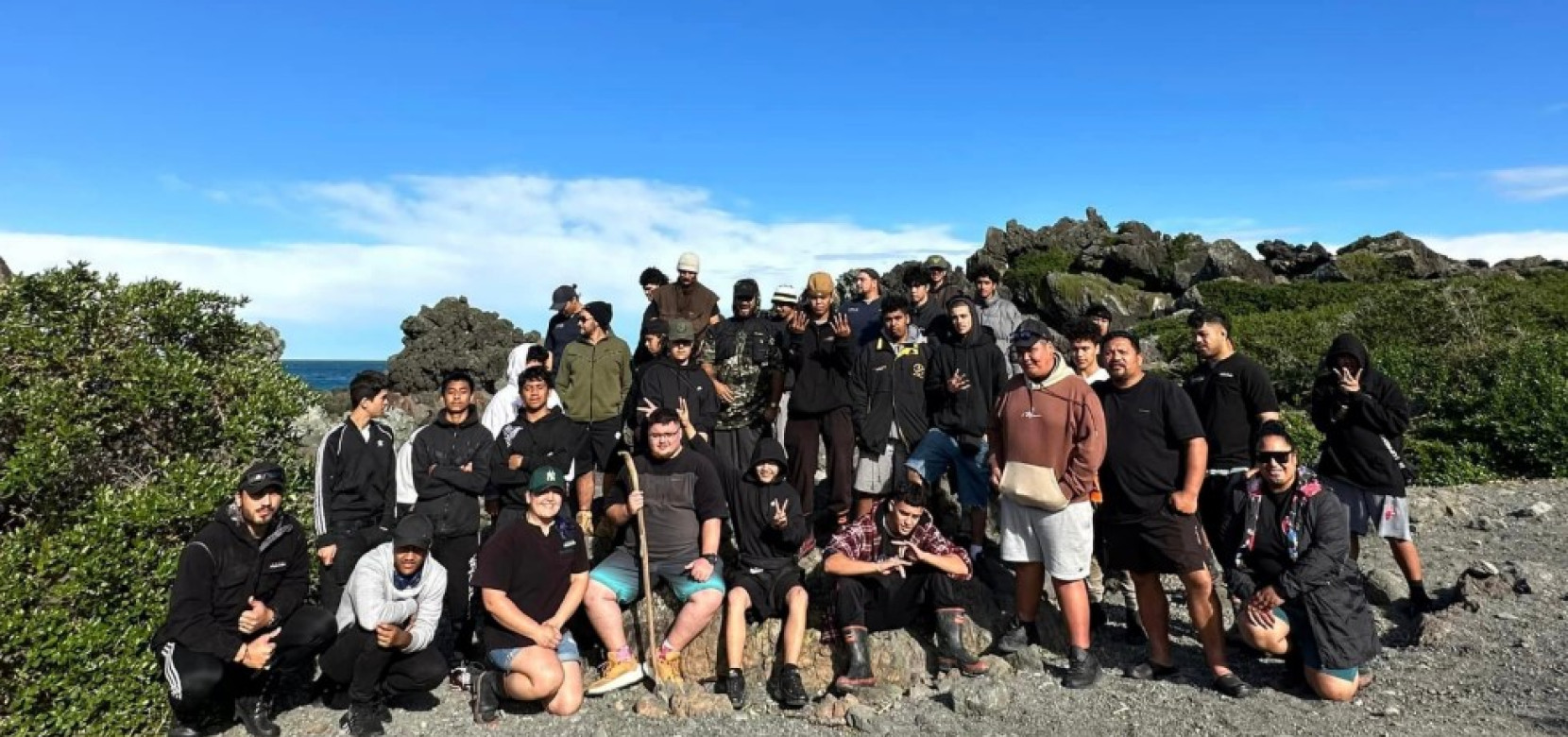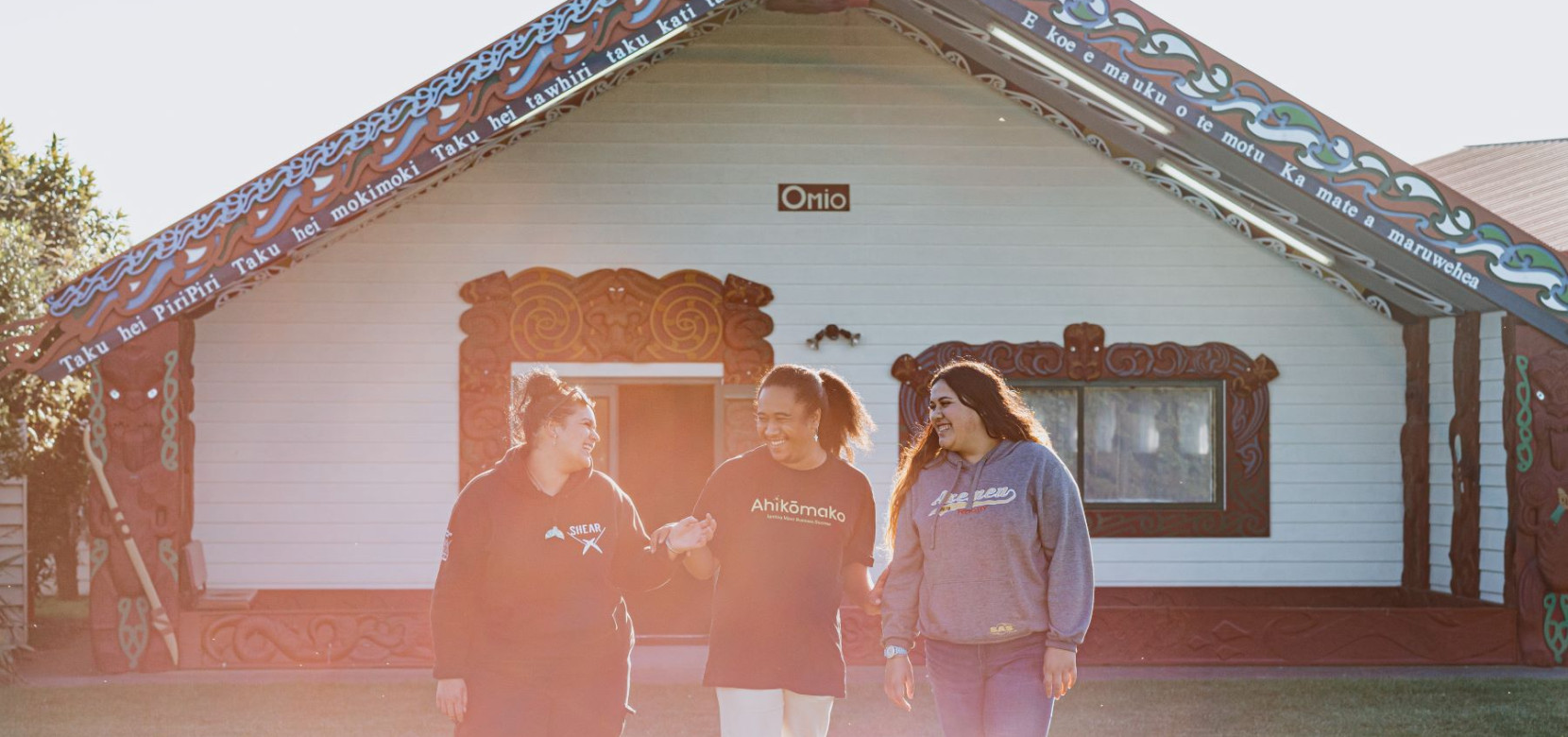The Rangatahi Action Plan sets out our vision and funding priorities for rangatahi aged 10-24 years for the next four years.
The Action Plan was written by rangatahi for rangatahi. It draws on the mātauranga of rangatahi who are not often heard in leadership and decision-making, empowering them and valuing their kōrero.

"We support rangatahi who are in one of more our communities of focus"
Our priorities are:
Rangatahi voice and leadership
Whakawhanaungatanga
Positive Connections
Creating opportunity and opening doors
Pathways for our futures
Communities of focus:
Rangatahi Māori
Pasifika youth
Rainbow rangatahi
Rangatahi with disabilities
Rangatahi in communities experiencing hardship
The Rangatahi Action Plan is delivered through four funding initiatives:
- Te Toi o Ngā Rangatahi Funding is our funding for rangatahi, by rangatahi and is open year-round.
- Champion Youth Development Funding is our multi-year funding supporting a set of youth organisations with a focus on whai wahitanga.
- Place Based funding for Te Wairoa and Te Tāirawhiti and our kaimahi rangatahi funding are our final two funding projects in development. Watch this space!

"Get voices of people like me who don’t get heard much if you really want to change things."
Rangatahi in Tūranganui-a-Kiwa
 BACK
BACK